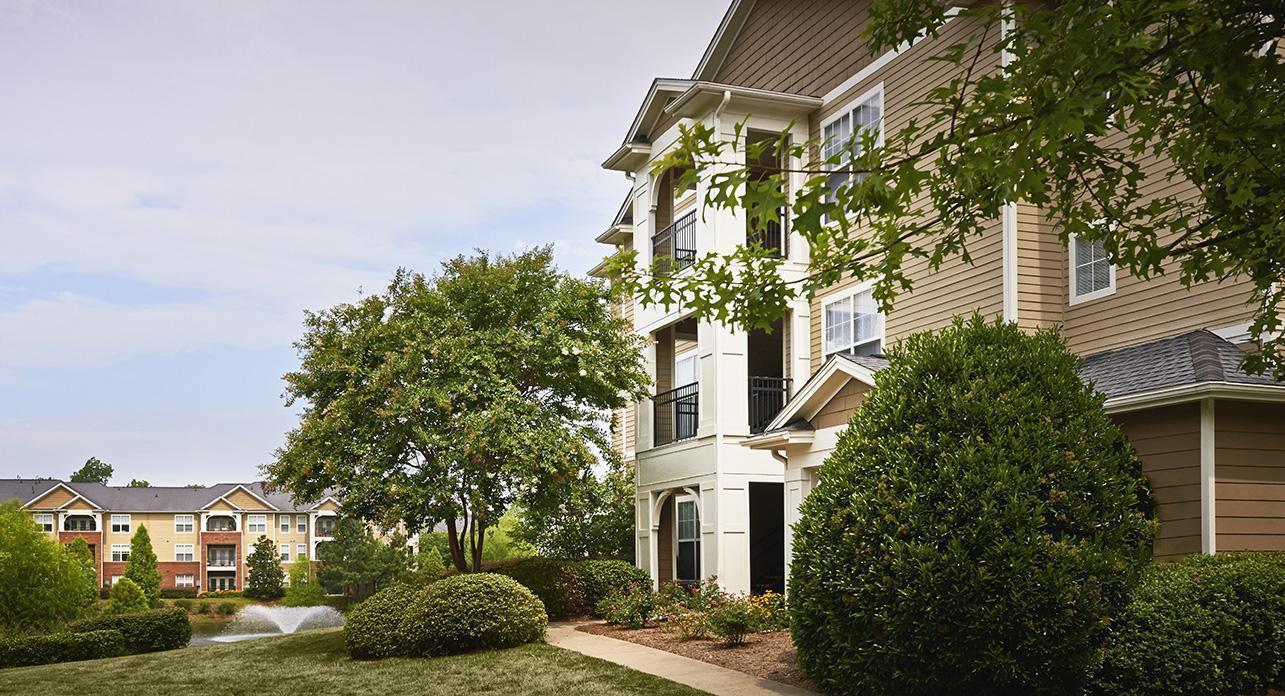
Passco Cos., among the big dogs in the structured tax-deferred exchange market, is bullish on its prospects this year.
The Irvine, Calif., investment manager last year put together some $600 million of deals, most of which involved buying properties on behalf of Delaware Statutory Trusts that it structured in order to allow investors to complete tax-deferred property exchanges.
It’s expecting to do $1 billion of deals this year.
Its bullishness is driven by today’s healthy market conditions as well as the hefty volume of tax-deferred property deals that were done during the previous market peak and that might be coming due. Also a factor: the uncertainty surrounding potential changes in the tax code, which might drive property owners to execute deals while tax laws remain unchanged.
Given the amount of equity raised through the TIC market during its heyday, between 2005 and 2007, perhaps $25 billion of properties were purchased. Most of those deals have, or are reaching the end of their expected lives. In 2007 alone, more than $3 billion of equity was raised, which when leveraged could have resulted in at least $10 billion of properties being purchased. When investors get liquidity from their tax-advantaged vehicles, they typically re-invest proceeds, which now is typically done through DSTs.
Larry Sullivan, president of Passco, called those the “brawny years” of the TIC sector.
Other property owners, seeing peak property pricing, might be prompted to sell to take advantage of the market conditions. That could play right into the hands of advisers like Passco, which could help them diversify their portfolios on a tax-advantaged basis. Proceeds from the sale of a single property could be re-invested, and leveraged in a number of DSTs, for instance.
Passco historically has played in the middle market, meaning its deals typically were valued at no more than say $30 million or $40 million. It’s now pushing that up, and will consider deals as large as $100 million. A DST can have up to 499 investors in it.
Since 2008, Passco has focused on the apartment sector and has targeted the southeastern United States and Texas because of favorable demographic trends. While some areas of the apartment sector might be getting overheated, construction activity nationally still is “not too out of whack,” Sullivan explained. Meanwhile, the southeast has become an engine of growth, both of employment and population.
The company now is looking to broaden its focus as part of its effort to hit $1 billion of deals. “We don’t want to be a one-silo business,” Sullivan explained.
The company could pursue mixed-use properties that would include an apartment component. It might also pursue old retail or industrial properties that could be redeveloped into mixed-use – properties that Sullivan called adaptive-reuse projects that would entail converting the properties into perhaps retail space and apartments. It’s also looking at what might be described as urban, middle-market housing, that is, properties that cater to an area’s teachers, police officers and firemen.
Sullivan noted that much of the apartment stock that has been developed in recent years has been high-end, putting most relatively new units out of the reach of a large portion of any area’s residents. “This is right in the middle sector,” he said, meaning people who earn too much to qualify for low-income housing, but don’t earn enough or are unwilling to pony up the high rents that most newly developed properties command. “There’s a void that could create an opportunity,” he said.
In some circles, such housing is referred to as workforce housing, which is becoming popular among a certain breed of investor. Such housing often is older, so it generally requires capital for upgrades, but it’s usually in or near urban centers, making it very attractive to area workers. Among those actively investing in the subsector is TruAmerica Multifamily, which has accumulated some 30,000 units, mostly workforce units in the western United States and Maryland.
In addition, Passco for the first time is planning to move beyond putting together structured tax-deferred vehicles. It’s serving as an investment adviser for a foreign capital source that is pursuing investments in Southern California retail centers valued at $10 million to $40 million each.
“Our global strategy is to be a more diversified company, beyond DSTs,” Sullivan said. It will pursue value-add properties, urban-centric apartments, adaptive re-use projects and the management of foreign capital.
“We have to keep our eyes and ears open,” he said.
This article was originally published on Commercial RealEstate Direct.

